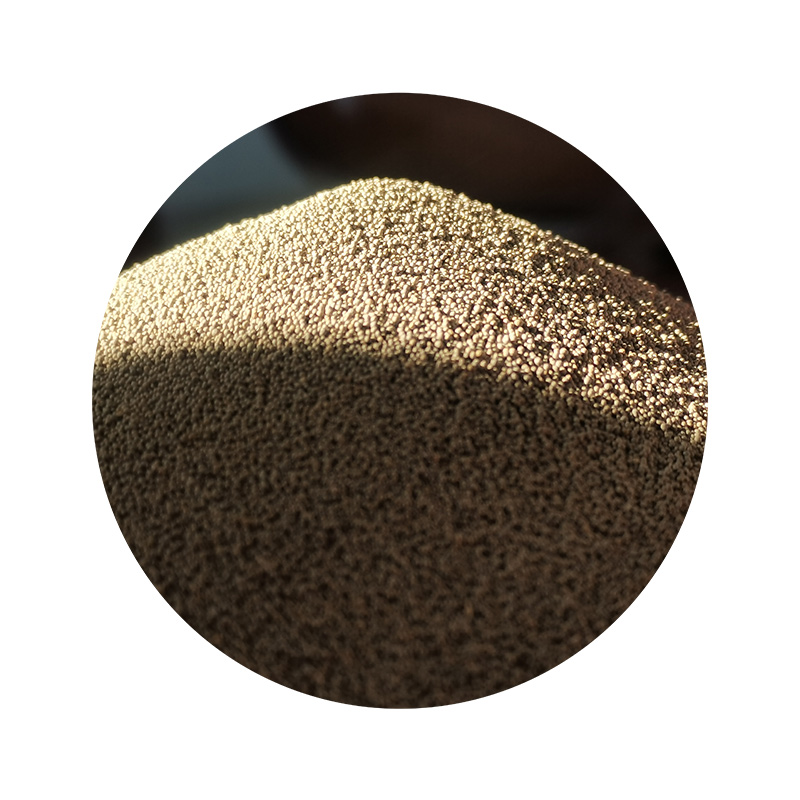Facing Sand in Foundry A Critical Component in Metal Casting
In the world of metal casting, facing sand plays a crucial role in ensuring the successful production of high-quality castings. Facing sand, also known as facing material, is a type of sand mixture that is applied to the mold surface. Its primary purpose is to create a smooth and uniform surface finish on the final casting while also providing several other essential benefits to the foundry process.
Facing Sand in Foundry A Critical Component in Metal Casting
Facing sands are typically composed of a fine grade of silica sand mixed with additives that enhance their properties. These additives might include clay and resin, which improve the bonding capabilities of the sand and provide better thermal stability during the casting process. The right blend of materials is critical, as it affects the mold's ability to withstand the pouring of molten metal without deforming or breaking. The ideal facing sand mixture strikes a balance between smoothness, strength, and thermal resistance, allowing for optimal performance during casting.
facing sand in foundry

Another critical aspect of facing sand is its role in preventing metal penetration into the mold. When molten metal is poured into the mold, it can exert pressure that may cause the sand to break down or collapse. A well-formulated facing sand can resist this pressure while maintaining its integrity, ensuring that the mold holds its shape and supports the overall casting process. This resistance is vital as it minimizes the risk of defects that could compromise the quality of the finished piece.
Additionally, facing sand contributes to the thermal insulation of the mold, helping to regulate the cooling rate of the molten metal. Proper cooling is essential to avoid defects like cracks or warping in the casting. If the cooling process is too rapid, it can lead to unwanted stresses within the metal. Quality facing sands help manage this process by absorbing and distributing heat effectively, promoting a more controlled solidification.
Furthermore, the sustainability of foundry operations is increasingly tied to the choice of materials used, including facing sand. Striving for eco-friendly alternatives and recycling wasted sand has gained importance in the industry. Modern foundries are now exploring synthetic sands and innovative processes to reduce environmental impact while still meeting the stringent demands for casting quality.
In conclusion, facing sand serves as an indispensable component in the metal casting process. It not only enhances the surface finish and dimensional accuracy of castings but also provides strength, thermal stability, and protection against metal penetration. As the foundry industry continues to evolve, the development of advanced facing sands will likely play a pivotal role in shaping the future of metal casting, driving improvements in quality, efficiency, and sustainability.
Post time:Oct . 08, 2024 00:58
Next:sandgjutmaterial
